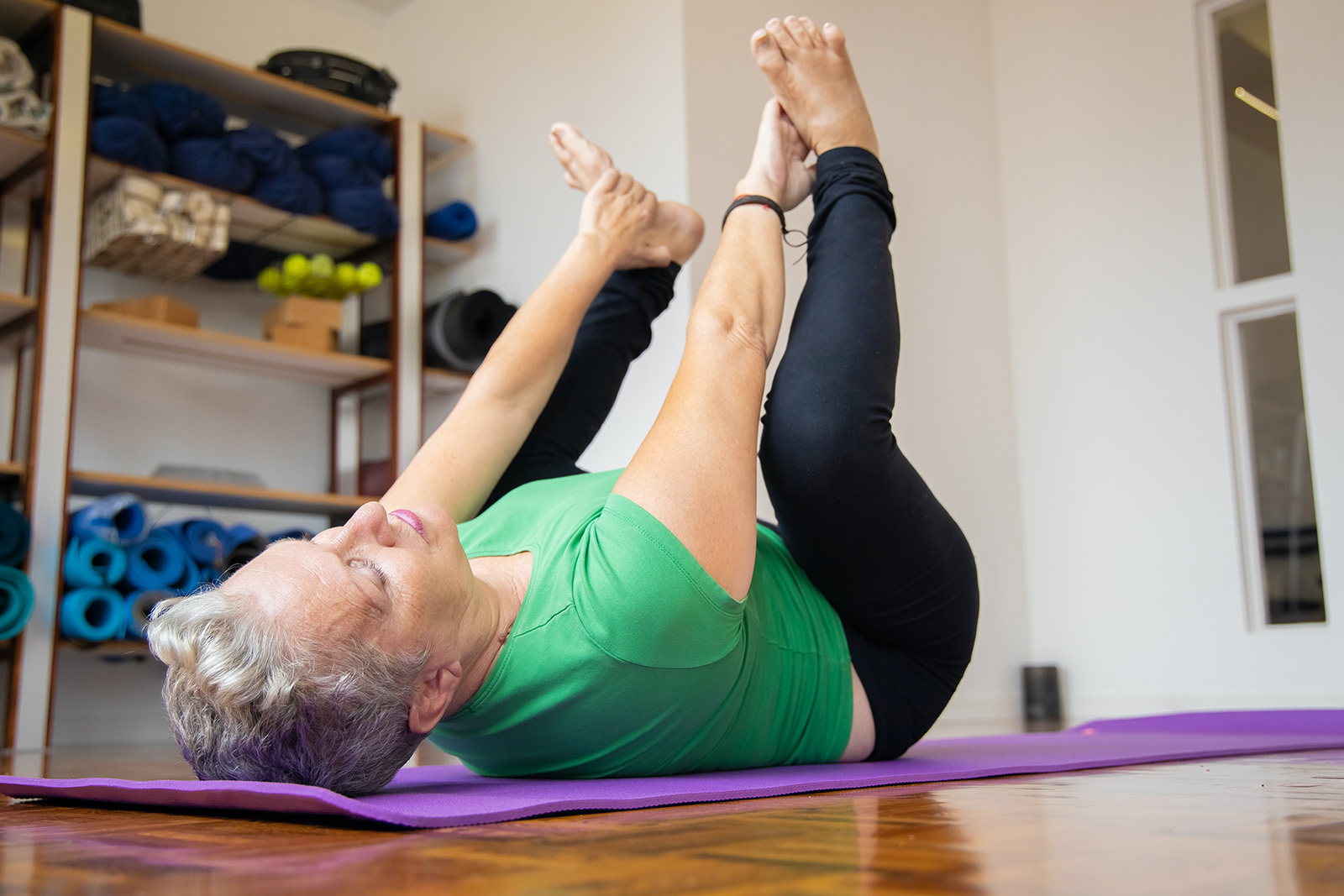
Bed rest—secondary to surgery, illness, or chronic diseases—is a reality for many older adults and associated with a variety of negative health outcomes.
Dr. Teresa Liu-Ambrose, professor in the UBC’s department of physical therapy and director of the Aging, Mobility and Cognitive Neuroscience Lab at the Djavad Mowafaghian Centre for Brain Health, has been awarded a CIHR Health Impacts of Inactivity grant to examine the effects of exercise on the thinking skills and brain health of older adults who undergo long periods of bed rest.
In this Q+A, she talks about the significance of the upcoming research for Canadians.

Dr. Teresa Liu-Ambrose
Why is this research important?
With Canada’s aging population, it is important to understand the role of physical activity in the promotion of healthy aging.
Previous bed rest studies clearly demonstrate the negative impact of physical inactivity on multiple body systems, including the skeletal, neuromuscular, sensorimotor, and cardiovascular systems. For older adults, these changes lead to deconditioning, impaired mobility, delayed recovery, and an increased risk of falls and fractures. This results in poor quality of life and reduced functional independence.
What is unique about this study that differentiates it from other studies?
Numerous studies have been conducted to clearly show the negative health effects of bed rest. However, very few have focused on how we can minimize these known negative health consequences. Specifically, very few bed rest studies have assessed exercise as a potential strategy to prevent cognitive decline that may occur with bed rest. Few bed rest studies have included older adults or females.
How will this research study be conducted?
This research study will be conducted in collaboration with the Canadian Space Agency in Montreal as part of a larger study not only looking at how to improve the health of patients confined to bed rest, but also for astronauts in space.
It will focus on participants aged 55-65 who will perform moderate to vigorous physical exercise on a daily basis for two weeks. All exercises will be done while participants are in bed rest. Using a cycle ergometer, participants will perform moderate intensity aerobic exercise with some high intensity intervals and also perform resistance exercises using resistance bands.
How can physical activity benefit older adults?
Evidence shows that targeted exercises, such as aerobic training and resistance training, can help maintain our thinking skills and brain health as we age. Exercise is likely a powerful tool that can minimize the negative impact of bed rest on the health and function in older adults.
In this study, we propose that daily sessions of moderate to vigorous targeted exercise training will significantly benefit both thinking skills and maintain brain health for those in bed rest.
How can the results of this study benefit Canada’s healthcare system?
Given that cognitive impairments, such as dementia, can lead to immense health and financial burdens in Canada, the results of this study will help advance the development of new interventions and rehabilitation strategies to counter the adverse effects of physical inactivity on thinking skills and brain health in older adults.
This will allow for adults to age well by maintaining their cognition and mobility, thereby maintaining their quality of life and independence.
This Q&A was originally published on the Djavad Mowafaghian Centre for Brain Health website.